It’s really hard to say goodbye, especially to a favorite book series, movie franchise, or media-spanning brand.
More and more, it seems like we’re not even being asked to do so. Not satisfied with the original (already too-long) Fifty Shades of Grey trilogy? Don’t worry, a new book by E.L. James tacks on a rehashing of the story from Christian’s perspective. Annoyed Stieg Larsson died before finishing his Millennium series? Not to worry. His Swedish publisher, Norstedts, commissioned at least one new installment in the series from another author, David Lagercrantz.
Fans of Sherlock Holmes know this practice is hardly new. Sir Arthur Conan Doyle tried to kill off his popular fictional detective just to free himself from the public’s insatiable demand for more Holmes, but the demand proved stronger. He ended up resurrecting the gumshoe from the dead and continuing his saga.
Still, it seems like we’ve never been so overwhelmed with reboots, prequels, neverending series, and what Slate has called “famfic” -- continuations of a series by the late author’s own family.
Earlier this month, Terry Pratchett’s daughter, Rhianna Pratchett, confirmed that she will not be continuing her father’s beloved Discworld series following his death in March. His final installment, The Shepherd’s Crown, will be published posthumously in August. “The books are sacred to dad,” she told a fan on Twitter.
BookRiot’s A.J. O’Connell rightly defended Rhianna’s decision to protect Discworld from new, ghostwritten books, writing, “Terry Pratchett’s voice, worldview and sense of humor was so unique that I don’t think another writer could match it.”
Absolutely. Fans who clamor for posthumous followups will generally find themselves disappointed by the actual product -- new installments that lack the very spice and imaginative turn that made the originals so captivating. Though Pratchett’s Discworld series has a particularly jolly sense of humor and brilliant characterization, most series are defined by their author’s sensibility, and a ghostwriter can’t quite replicate it.
Yes, even if the ghostwriter is a member of the family. In a 2003 Slate piece on famfic, Chris Suellentrop quotes Jeff Shaara, the son of The Killer Angels author Michael Shaara, on his almost otherworldly writing process: “While writing Gods and Generals, I have often felt my father's presence, as though he were there helping me write and giving me his blessing.” He even claimed readers had said it was as if “the ghost of Michael Shaara” were writing the follow-ups. An author’s child, however, simply isn’t the reincarnation of that author, and the perception that they’re carrying on a seamless artistic line only serves to raise expectations.
Even if an author’s family or fellow writers have the chops to equal the original beloved works, such a gift is only limited by narrow application to continuing another’s work. “Discworld is his legacy,” Rhianna Pratchett tweeted of her father. “I shall make my own.” A video game writer, she hasn’t taken spinoffs (such as video games and movies) off the table, but it’s also clear that she values her own creative urges and doesn’t want to be fettered to a cautious simulation of her father’s celebrated books.
Let’s be honest: Too many series and franchises are reworked and rebooted until there’s simply no life left in them. As much as fans may clamor to spend more money on another Dune book, for example, they’re more likely than not going to be disappointed by the lackluster result, which only serves to taint the otherwise acclaimed series. We need to learn to say goodbye before we’re entirely ready, instead of waiting until a brand has fully worn out its welcome.
Here are just a few of the series we need to leave well enough alone, whether because the original author has died, because the author is no longer interested in working on the series, or because there’s simply nothing else to be said. Instead, let's try investing our dollars in some brand-new works from up-and-coming talents -- maybe we'll find the next Terry Pratchett is already out there.
1. The Harry Potter series by J.K. Rowling
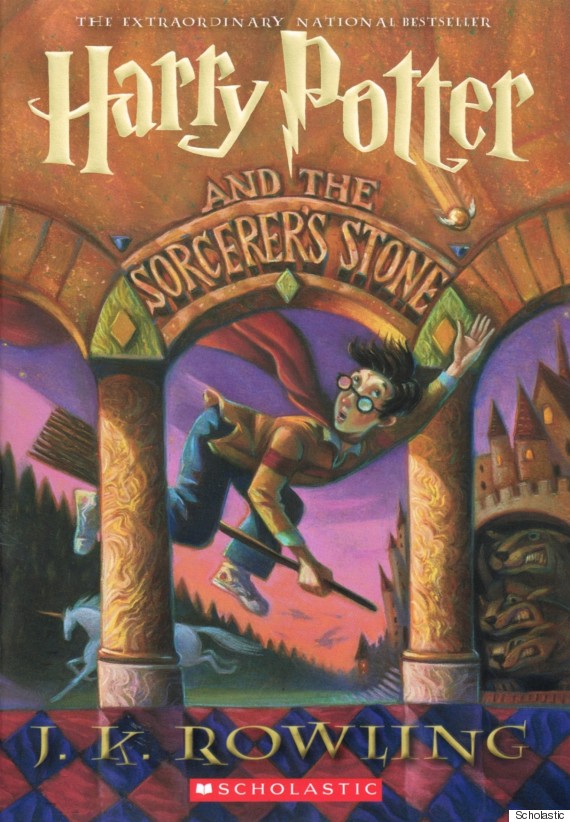
Thankfully, Rowling is still alive and kicking. Unfortunately, this means fans feel entitled to constantly nudge her to break her promise not to continue the Harry Potter series. It’s fun to read what Fantastic Beasts and Where to Find Them actually contains, and to imagine a brilliant follow-up starring Harry’s son. In practice, as a die-hard Potterite, none of the add-ons approached the thrill of a new original series book, and a prequel or sequel series just seems like a recipe for disappointment. Plus, Rowling seems to want to move on … so let’s give her a chance to do that.
2. Twilight by Stephenie Meyer
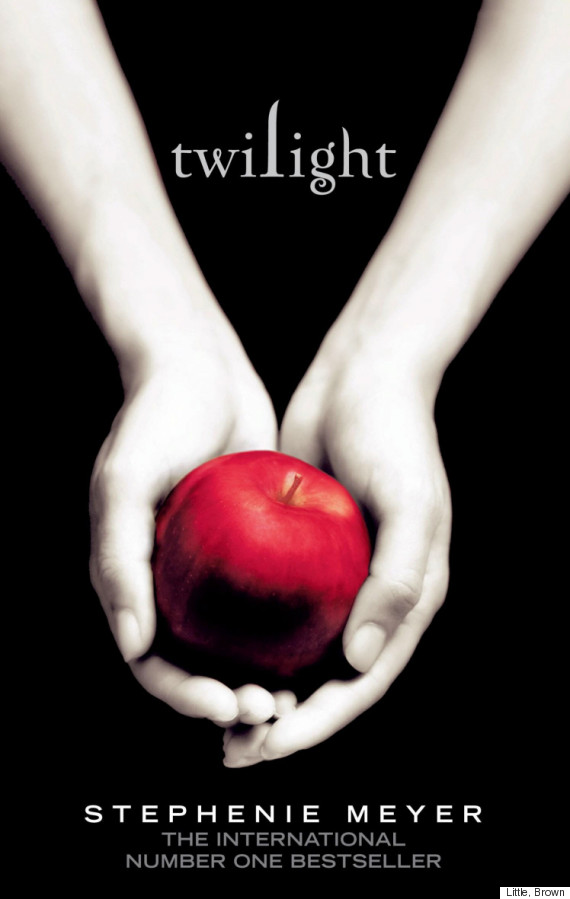
This may not be the most exceptional work of literature to get the neverending spinoff treatment, but now that Twilight fanfic trilogy Fifty Shades of Grey has spun into a fourth book -- a retelling from Christian’s perspective -- clearly someone needs to say “Enough!” Let’s make room for another inexplicably popular romance; there are plenty of talented people out there writing them. And maybe one starring a less creepy, controlling hero next time, please (and that goes for Edward and Christian).
3. The James Bond series by Ian Fleming
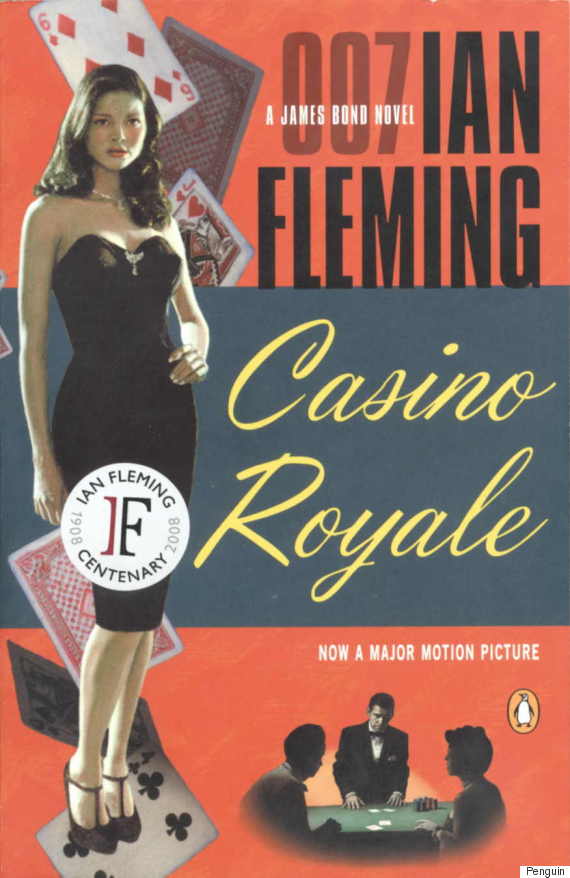
I know, I know. There’s just something about “Bond, James Bond,” that we can’t resist. And who would want Ian Fleming’s death to get in the way of more suave spy adventures? But we’ve reached a point where “spy” is nearly synonymous with “James Bond,” especially in pop culture, and it’s time to make way for some new heroes of espionage. Bond’s throwback predilection for martinis, dapper suits, and flings with a horde of interchangeable gorgeous women may be part of his appeal, but a real throwback would be reading or watching one of the originals. Let’s get behind a secret agent more in tune with modern times.
4. The Boxcar Children by Gertrude Chandler Warner
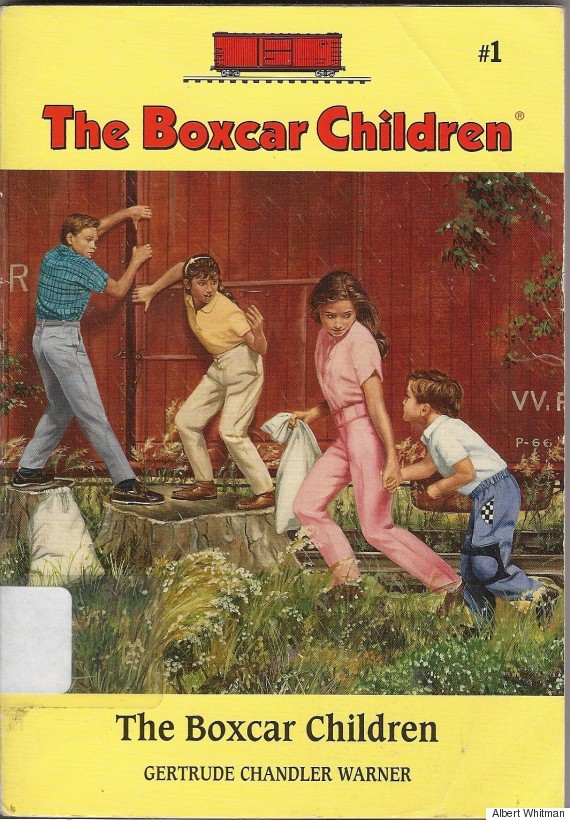
Many American kids practically grew up on the Boxcar Children. Four plucky orphans, one generous grandpa, lots of color-coordinated gifts (Violet’s favorite color was violet!), and of course, always a mystery to be solved. Though all of the 100-plus books are credited to Gertrude Chandler Warner, she only wrote the first 19. Later books are even set in different time periods and revert the kids back to their original ages rather than following them as they grow up. No wonder the books quickly lose the vintage charm of the originals and become rather generic child-detective tales.
5. The Millennium trilogy by Stieg Larsson
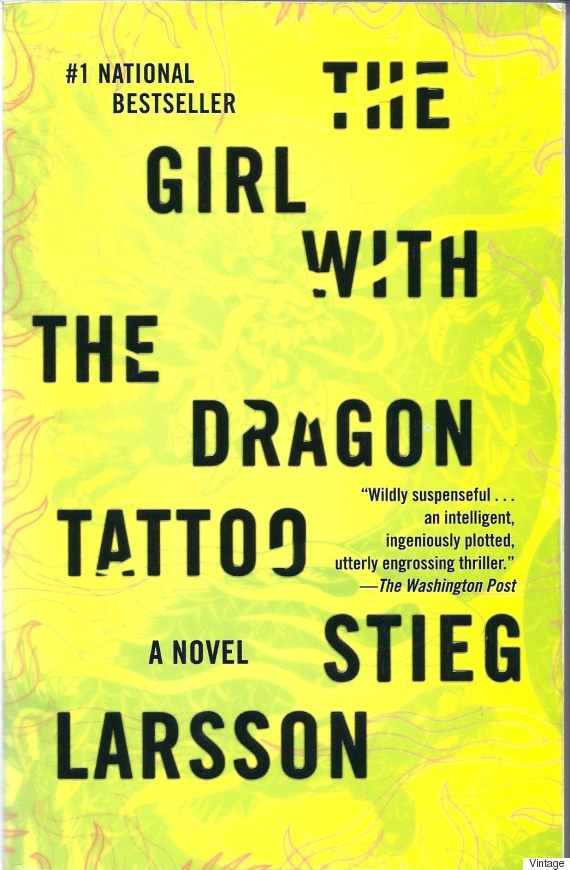
Yes, Larsson originally planned this to be a ten-book series. After three completed books, however, he left the series authorless. His long-time partner, Eva Gabrielsson, is in possession of his partial manuscript for the fourth book, but as they weren’t married, she doesn’t have the legal right to finish the follow-up. “I think we should all be happy that there are just three,” she said in 2011. But Larsson’s publisher wasn’t happy and commissioned a fourth book from another author. Really, though -- people might buy it, but we all know it won’t be any Girl With the Dragon Tattoo. Why can’t we just leave it at three?
6. Little House on the Prairie by Laura Ingalls Wilder
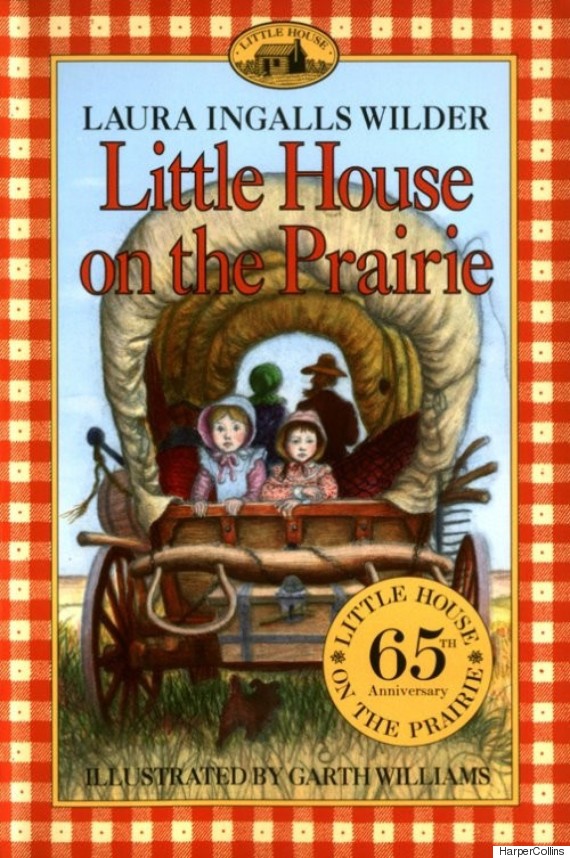
The Little House books have been beloved children’s classics for so many decades that few even want to acknowledge the many problems of the books -- most notably, the bald racism toward American Indians and other non-white characters. But not only do the books remain in print, and widely read, they’ve been spun off into tangential series following the lives of Wilder’s female relatives. A series about Rose Wilder Lane, Wilder’s daughter, was written by Lane’s surrogate grandson, Roger Lea MacBride, and several other spinoff series were written by other writers. None of them, of course, have equaled the original few books for charm and a glimpse into the lives of our forebears.
7. Hitchhiker’s Guide to the Galaxy by Douglas Adams
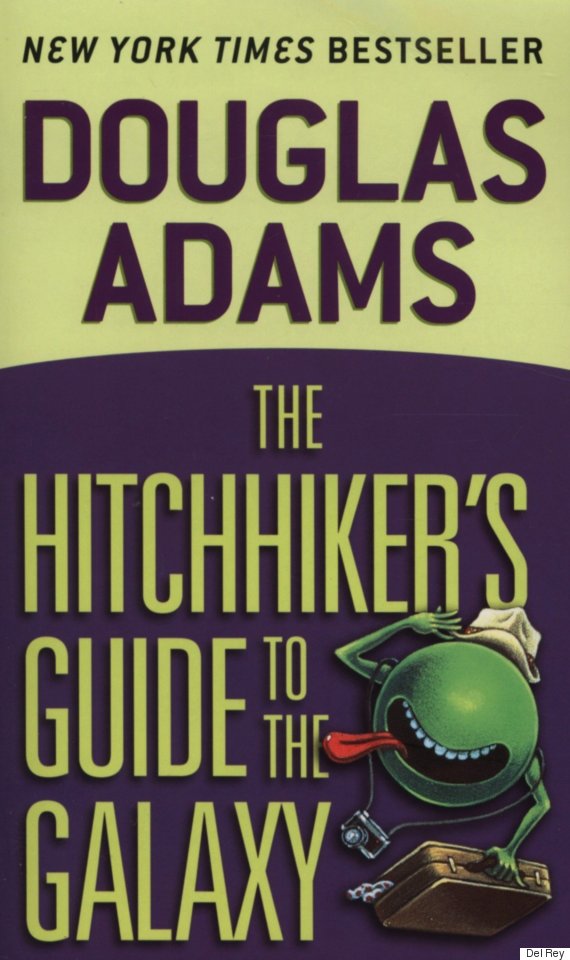
Adams and Pratchett had their own unique approaches to writing comedy-infused sci-fi and fantasy, but the result was the same: Their books were bursting with personality and wit that simply can’t be replicated. When Adams died while his popular Hitchhiker’s series was not yet complete, Eoin Colfer was tapped to write the next installment. Colfer’s great talents notwithstanding, he’s no Douglas Adams. We should probably just be happy with all the hilarious towel quips from his original books.
